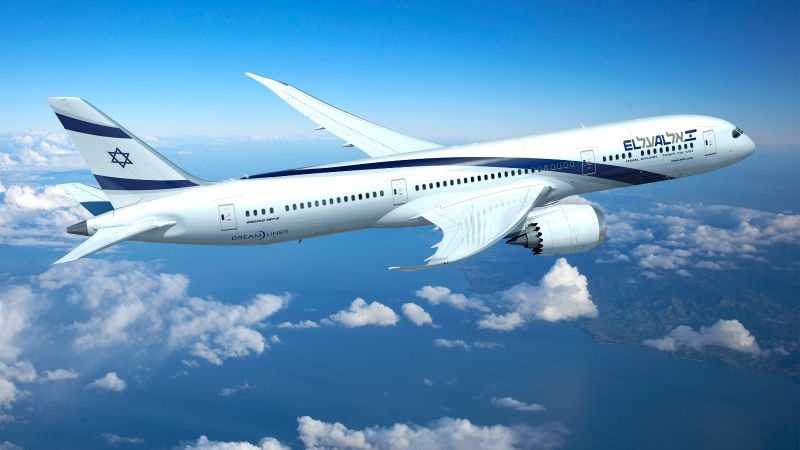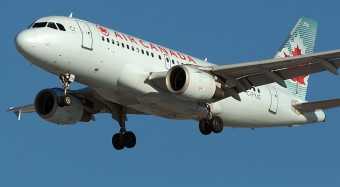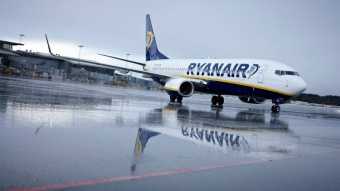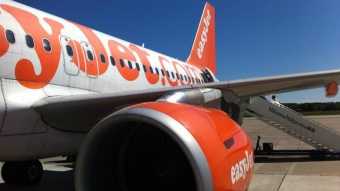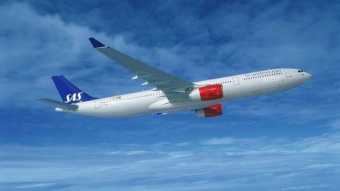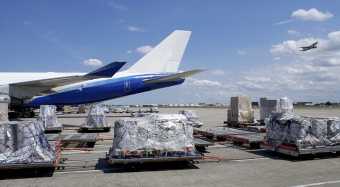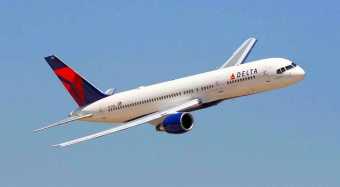Israel’s flag carrier El Al Israel Airlines announced Thursday that it has ordered up to nine 787 Dreamliner aircraft from Boeing, in a deal estimated at US$2.2 billion, at current list prices, and will lease six more from private leasing firms.
El Al set to receive the new planes starting in the third quarter of 2017. The aircraft will be used to replace and grow El Al’s long-haul fleet, comprised by seven 747s, seven 767s and six 777s. “Our agreement to purchase 787 Dreamliners is a significant step forward in the optimization of our route network, enhancing passenger service and the overall flight experience,” said David Maimon, President and Chief Executive Officer, EL AL.
Maimon added “These aircraft are the latest and most advanced in the world and are efficient and economical. I am convinced that this move is a great opportunity to meet the high standard expected of us and continue the momentum in EL AL’s focus to provide our customer with maximum comfort, the newest and best technology and deliver a high standard of service on-board,”.
"Boeing is proud of our long-standing relationship dating back to the delivery of the airline's first 707 in 1961 and we are pleased to now count EL AL as the newest 787 customer," said Boeing Commercial Airplanes President and CEO Ray Conner. "The Dreamliner is a perfect fit for EL AL's medium to long haul routes. The addition of 787s to the EL AL fleet will enable it to grow its route structure, while providing more range and capacity with exceptional passenger comfort."
The 787 is a family of technologically advanced, super-efficient airplanes with new passenger-pleasing features. In addition to bringing big-jet ranges to midsize airplanes, the 787 will provide EL AL with unmatched fuel efficiency and environmental performance, using 20 percent less fuel and with 20% fewer emissions than the airplanes it replaces.
